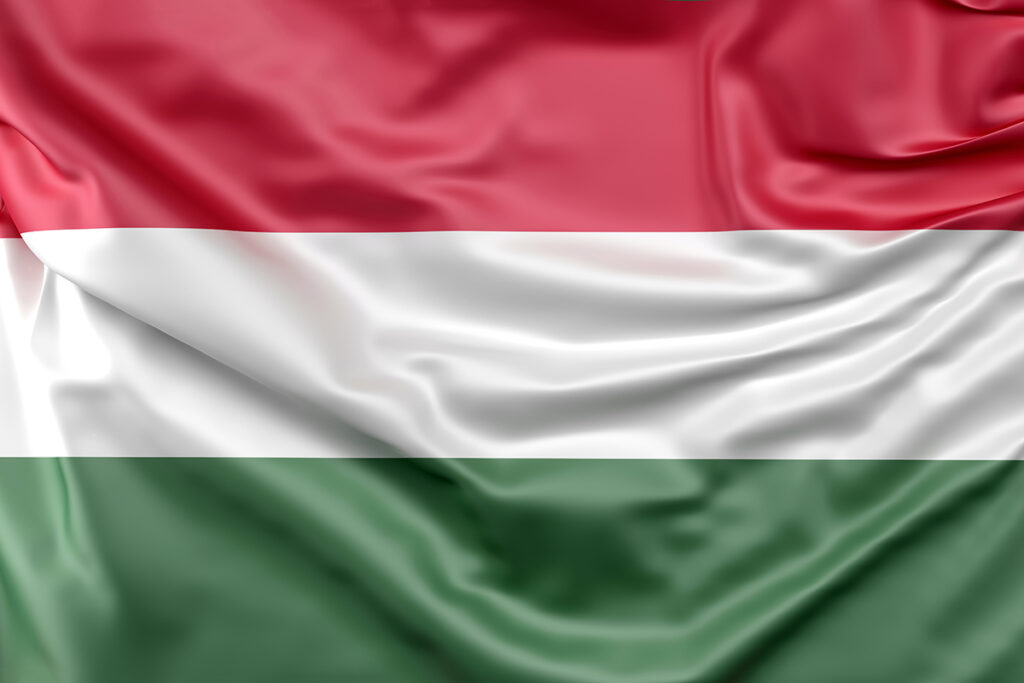Viktor Orbán’s controversial actions and Hungary’s defiance of European Union (EU) principles have stirred up debates on the future of the EU. The EU, currently grappling with a series of external and internal shocks, is at a crossroads, and many believe it can no longer afford to let Hungary undermine its core values.
External shocks have tested the EU’s resilience, with Russia’s invasion of Ukraine and energy supply disruptions causing economic setbacks and inflation. Meanwhile, the US’ response to the climate crisis, which indirectly impacts Europe’s economy, has raised concerns about equitable cost-sharing.
On the domestic front, Poland and Hungary have been criticized for backsliding on democratic values, civil rights, and the rule of law. Poland’s Law and Justice (PiS) party and Hungary’s Viktor Orbán have faced accusations of undermining the foundations of EU principles.
The European Commission’s consideration of unblocking €10 billion earmarked for Hungary, despite rule of law violations, in exchange for cooperation on Ukraine, has raised eyebrows. Critics argue that this approach sets a dangerous precedent, potentially emboldening future autocrats to follow Orbán’s lead.
However, recent political developments suggest a shifting landscape. Donald Tusk’s victory in Poland has created an opportunity to address Poland’s democratic decline. In the Netherlands, Geert Wilders’ Eurosceptic PVV party may pose a challenge, but it has a limited presence in the Dutch parliament, making it less likely to influence EU policy.
Article 7 of the EU treaty provides a mechanism to suspend a member state’s rights if it persistently breaches EU principles, including democracy and the rule of law. While this measure has been applicable to Hungary for some time, the political feasibility of its enforcement has been questioned.
The EU now finds itself with a window of opportunity to take action against the real threat Orbán poses to the union’s integrity. European voters increasingly demand accountability, as they witness authoritarian leaders flouting EU principles without facing consequences. To maintain its credibility, the EU must enforce its laws and uphold its values.
Several immediate actions could enhance the EU’s democratic effectiveness. These include establishing a common floor for corporate tax rates, implementing ambitious pan-European green infrastructure and climate spending, and exploring the possibility of a single, directly elected European president.
But to move forward on these fronts, the EU must first ensure its own integrity in areas such as corruption, democracy, and the rule of law. Suspending Hungary’s voting rights until it complies with these criteria may be the necessary step to reassert the EU’s commitment to its core values.
As the EU grapples with internal and external challenges, it faces a pivotal moment in its history. The question remains whether it will seize this opportunity to strengthen its democratic foundation and emerge as a more united and effective union. It’s time to stop dawdling and take decisive action.


